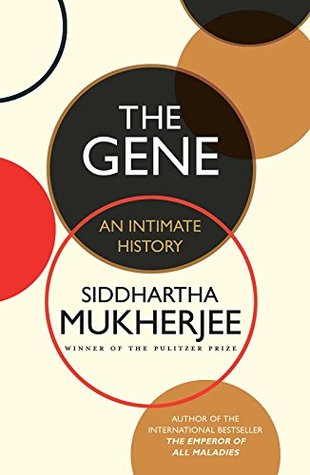But where Maudsley proposed caution, others urged speed. H. G. Wells, the novelist, was no stranger to eugenics. In his book The Time Machine, published in 1895, Wells had imagined a future race of humans that, having selected innocence and virtue as desirable traits, had inbred to the point of effeteness—degenerating into an etiolated, childlike race devoid of any curiosity or passion. Wells agreed with Galton’s impulses to manipulate heredity as a means to create a “fitter society.” But selective inbreeding via marriage, Wells argued, might paradoxically produce weaker and duller
...more
Welcome back. Just a moment while we sign you in to your Goodreads account.


